Ready to launch your own podcast? Book a strategy call.
Frontlines.io | Where B2B Founders Talk GTM.
Strategic Communications Advisory For Visionary Founders
Conversation
Highlights
From Hospital Cafeteria to $44M in Funding: How Savana Built a New Category in Healthcare Intelligence
In 2014, neurologist Ignacio Medrano found himself in his hospital’s cafeteria, explaining a radical idea to skeptical colleagues. “I discover this thing that is called machine learning, which is so incredible,” he told them. “It means that computers, they don’t learn by rules, but they learn by cases, they learn by examples.”
His colleagues’ response? “Yeah, that’s cool stuff, but it’s never going to work.”
Ten years later, Savana has raised $44 million and is transforming how healthcare providers use their data. But the path from that cafeteria conversation to successful scale-up reveals crucial lessons about bringing innovative technology to regulated markets.
The First Product Failed Because It Fought Medical Culture
Savana’s initial product seemed logical: aggregate treatment decisions across many doctors to help guide medical choices. The assumption was that the wisdom of crowds would improve patient care. They were wrong.
“The fact that the majority is doing something doesn’t mean it’s the right thing to do,” Ignacio explains. “And that’s quite opposite to what Evidence means. Evidence means this is the right thing, no matter if few people or a lot of people are doing it.”
The team killed the product entirely. This early failure taught them a crucial lesson: technical capability isn’t enough if your solution fights against deeply embedded professional culture.
Finding Revenue When Your Market Isn’t Ready
After developing their core natural language processing technology for medical records, Savana faced another challenge: hospitals weren’t ready to buy.
“We found that it was no one’s job to use this kind of tool. And of course the budgets were not big, especially in Europe where we started, so we had to pivot very quickly,” Ignacio recalls.
Rather than wait for hospitals to catch up, they found an alternative buyer: pharmaceutical companies. These organizations had immediate needs and budgets for understanding patient outcomes. This pivot kept Savana alive for five years while waiting for their primary market to mature.
The COVID Catalyst
Sometimes market evolution requires a catalyst. For Savana, it was the COVID-19 pandemic. “After the COVID situation, Europe basically realizes that our level of data intelligence is embarrassing and very low compared to the US but also compared to the Eastern countries,” Ignacio notes.
This crisis transformed attitudes toward healthcare data sharing. The European Health Data Space emerged, creating a framework for data sharing among institutions. More importantly, it sparked a cultural shift: “Sharing clinical data is seen as a good thing, is something that a good European would do.”
Rethinking Traditional ROI in Healthcare
For B2B founders entering healthcare, Savana’s experience highlights a crucial insight: traditional market efficiency metrics often don’t apply.
“The amount of decisions that simply don’t make sense from the financial perspective is huge,” Ignacio explains. “A typical case would be you optimize something with which you need, I don’t know, 10 nurses less. And it doesn’t really matter because politically it’s against everything not to count on 10 nurses.”
This reality requires founders to think differently about value propositions and sales strategies. Pure efficiency gains aren’t enough – solutions must align with healthcare’s complex social and political considerations.
Looking Ahead
Today, Savana’s technology is powering initiatives like helping the COPD Foundation identify undiagnosed patients through AI algorithms. Looking ahead, Ignacio envisions a future where AI becomes a trusted gateway to healthcare, with “personalized algorithms on digital that people are going to use on a normal basis.”
For B2B founders, Savana’s journey offers valuable lessons about patience, pivots, and the importance of understanding market dynamics beyond pure business efficiency. Sometimes the path to category creation requires waiting for the market to catch up to your vision – and being ready when it does.
Actionable
Takeaways
Find revenue where barriers are lowest:
When Savana discovered hospitals weren't ready for their solution, they pivoted to pharmaceutical companies who had immediate needs and budgets. This kept them alive until the market matured. B2B founders should identify alternative buyers who can provide early revenue while waiting for their primary market to develop.
Regulatory challenges can create opportunities:
Savana turned Europe's strict data privacy regulations into an advantage by developing compliant solutions that could scale as regulations evolved. B2B founders should view regulatory constraints as potential differentiators rather than just obstacles.
Crisis can accelerate market readiness:
COVID-19 transformed European attitudes toward healthcare data sharing, creating new opportunities. B2B founders should stay prepared for external events that can suddenly accelerate market adoption of their solution.
Product-market fit requires cultural alignment:
Savana's initial doctor-focused tool failed because it conflicted with medical culture around evidence-based decision-making. B2B founders must deeply understand not just customer needs, but also their professional values and decision-making frameworks.
Healthcare requires different ROI calculations:
Traditional market efficiency metrics often don't apply in healthcare due to political and social considerations. B2B founders entering healthcare must account for non-financial factors in their value proposition and sales strategy.
Recommended Founder
Interviews

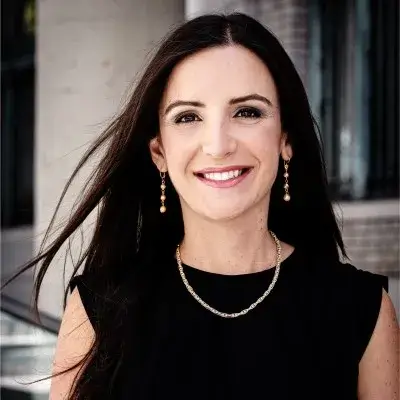
Hala Borno
Founder and CEO of Trial Library
Hala Borno, Founder and CEO of Trial Library: $5M Raised to Improve Patient Recruitment and Diversity in Oncology Clinical Trials
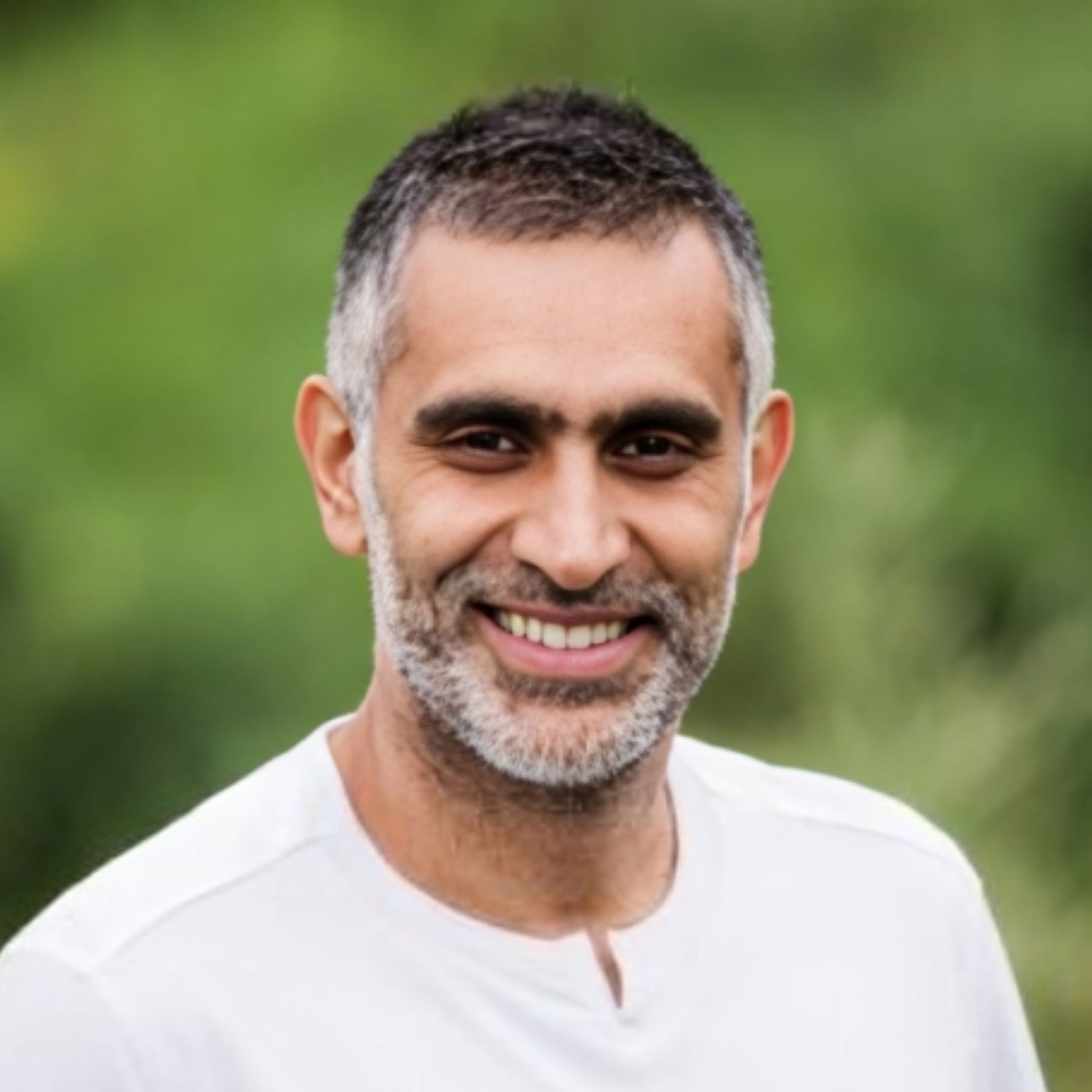
Veer Gidwaney
CEO & Founder of Ansel Health
Veer Gidwaney, CEO & Founder of Ansel Health: $50 Million Raised to Transform Supplemental Health Insurance

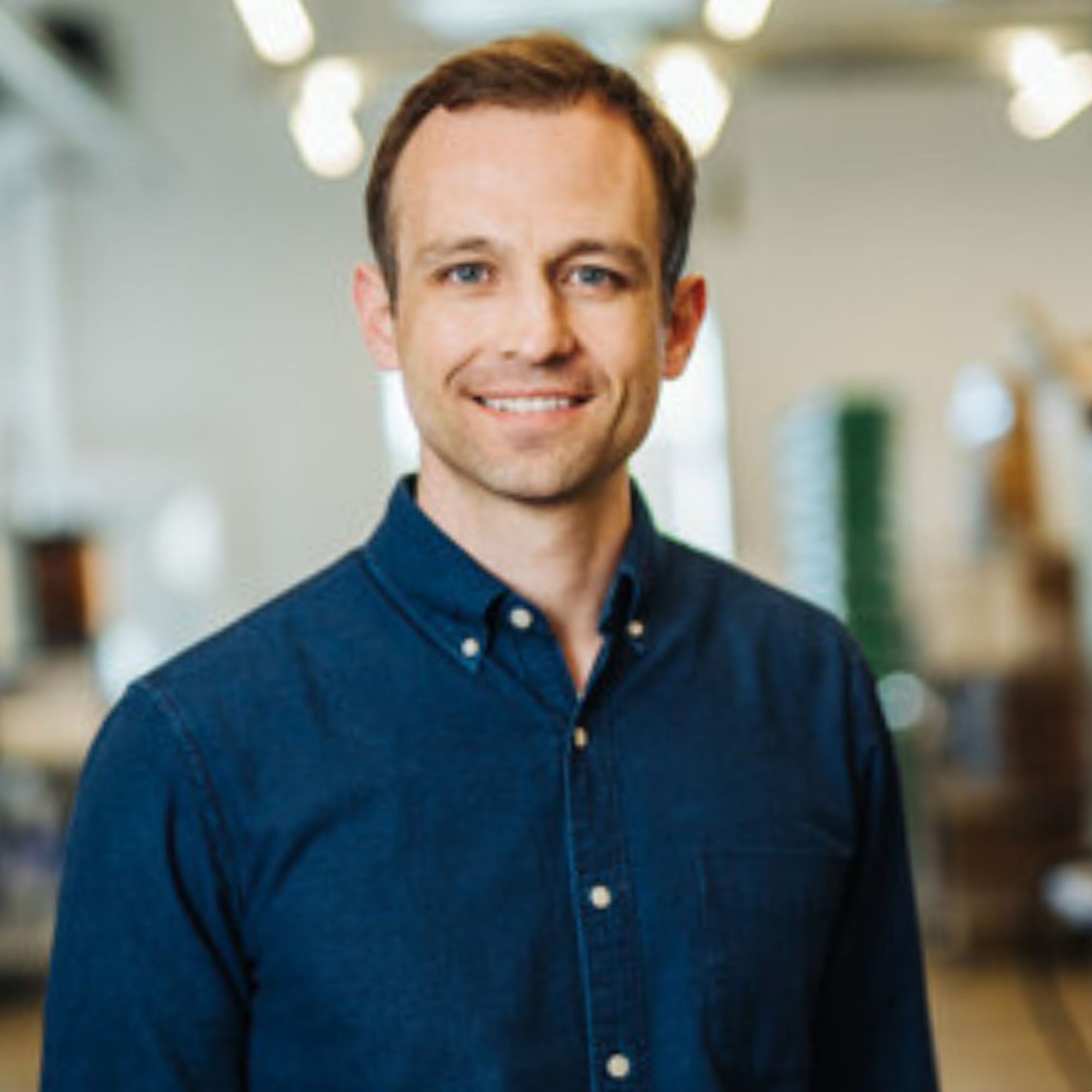
Alfred Griffin
CEO and Co-Founder of CEO and Co-Founder
Alfred Griffin, CEO and Co-Founder of LightForce: $150 Million Raised to Power the Future of Orthodontics

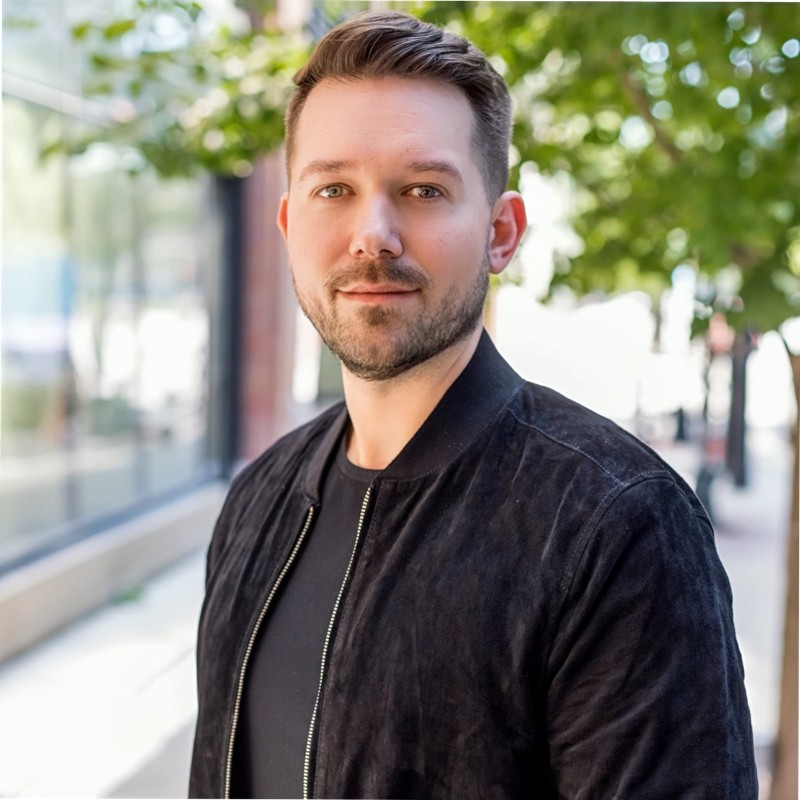
Alex Zekoff
CEO and Co-Founder of Thoughtful AI
Alex Zekoff, CEO and Co-Founder of Thoughtful AI: $21 Million Raised to Power the Future of Healthcare Automation

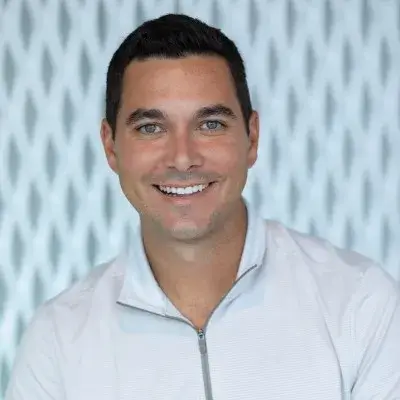
Matt Renfro
Co-Founder & CEO of Lynx
Matt Renfro, CEO of Lynx: $17.5 Million raised to Bring Modern Fintech to Healthcare
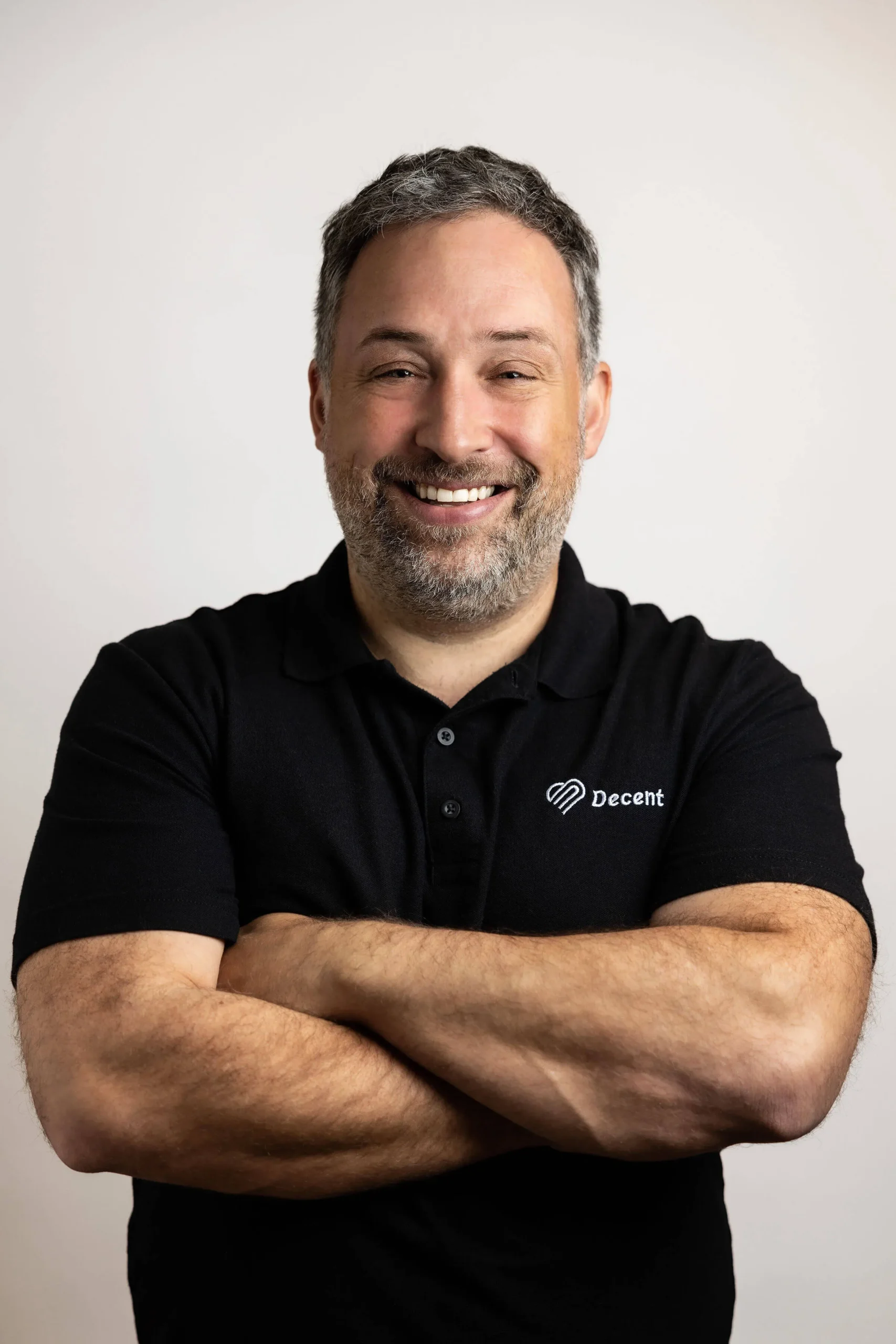
Nick Soman
CEO & Founder of Decent
Nick Soman, CEO & Founder of Decent: $43 Million Raised to Build the Future of Direct Primary Care

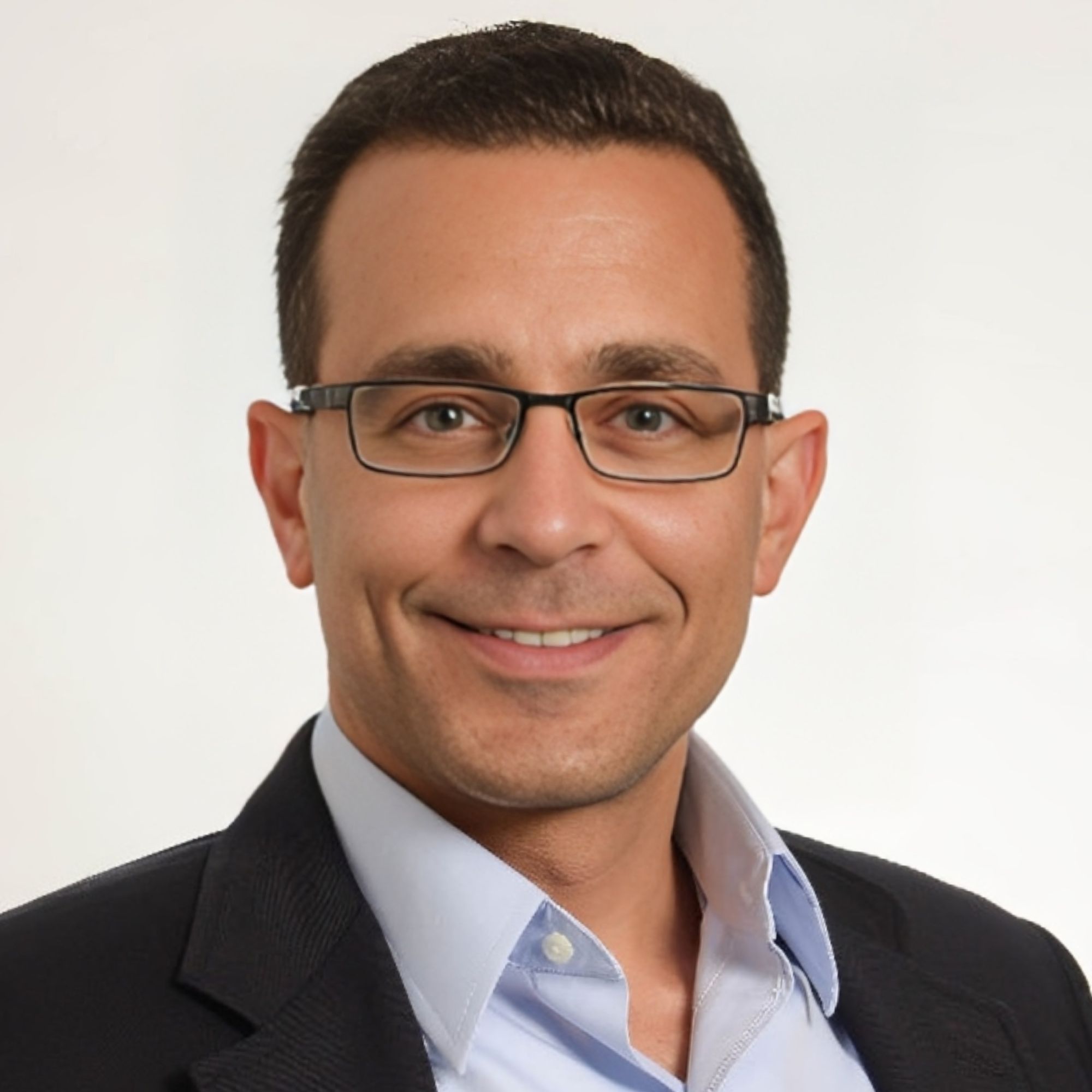
Todd Zion
Founder of Akston Biosciences
Todd Zion, Founder of Akston Biosciences: From a $500M Exit to Pioneering Biotech Innovation in Pet Health


Viral Patel
Founder and CEO of Radish Health
Viral Patel, CEO of Radish Health: $5 Million Raised to Connect Employees with a Better Healthcare Experience


Michael Chang
Mastering Market Fit in AI: Insights from Michael Chang, Director of Marketing at ArteraAI


David King Lassman
Founder of GigXR
David King Lassman, Founder of GigXR: $7 Million Raised to Bring Immersive Learning to Healthcare

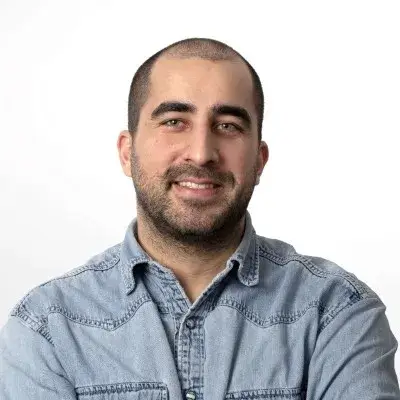
Kourosh Davarpanah
Co-Founder and CEO of Inato
Kourosh Davarpanah, Co-Founder and CEO of Inato: Over $35 Million Raised to Build the Future of Clinical Trials


Kyle Kiser
CEO of Arrive Health
Kyle Kiser, CEO of Arrive Health: Over $40 Million Raised to Improve the Value of Healthcare Through Informed Decision-Making

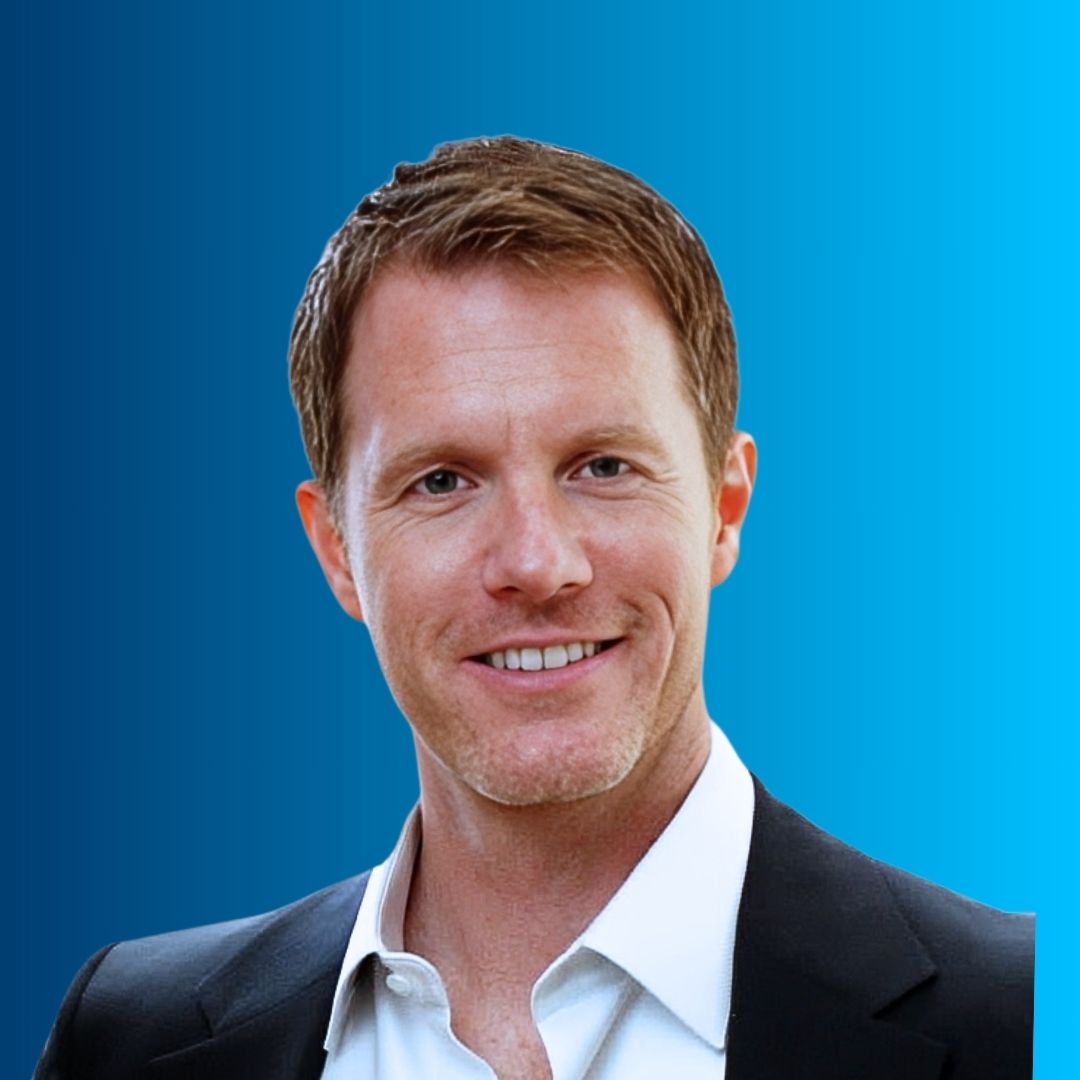
Matthew Stoudt
CEO and Founder of AppliedVR
Matthew Stoudt, CEO and Founder of AppliedVR: Over $70 Million Raised to Build the Future of Chronic Pain Relief

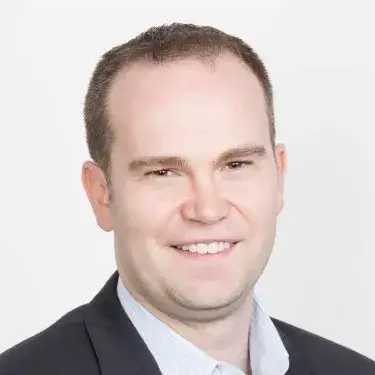
Daniel Lambert
CEO of PathologyWatch
Daniel Lambert, CEO of PathologyWatch: Over $50 Million Raised to Build the Future of Digital Pathology

Austin McChord
CEO of Casana
Austin McChord, CEO of Casana: Over $46 Million Raised to Create the Future of In-Home Health Monitoring

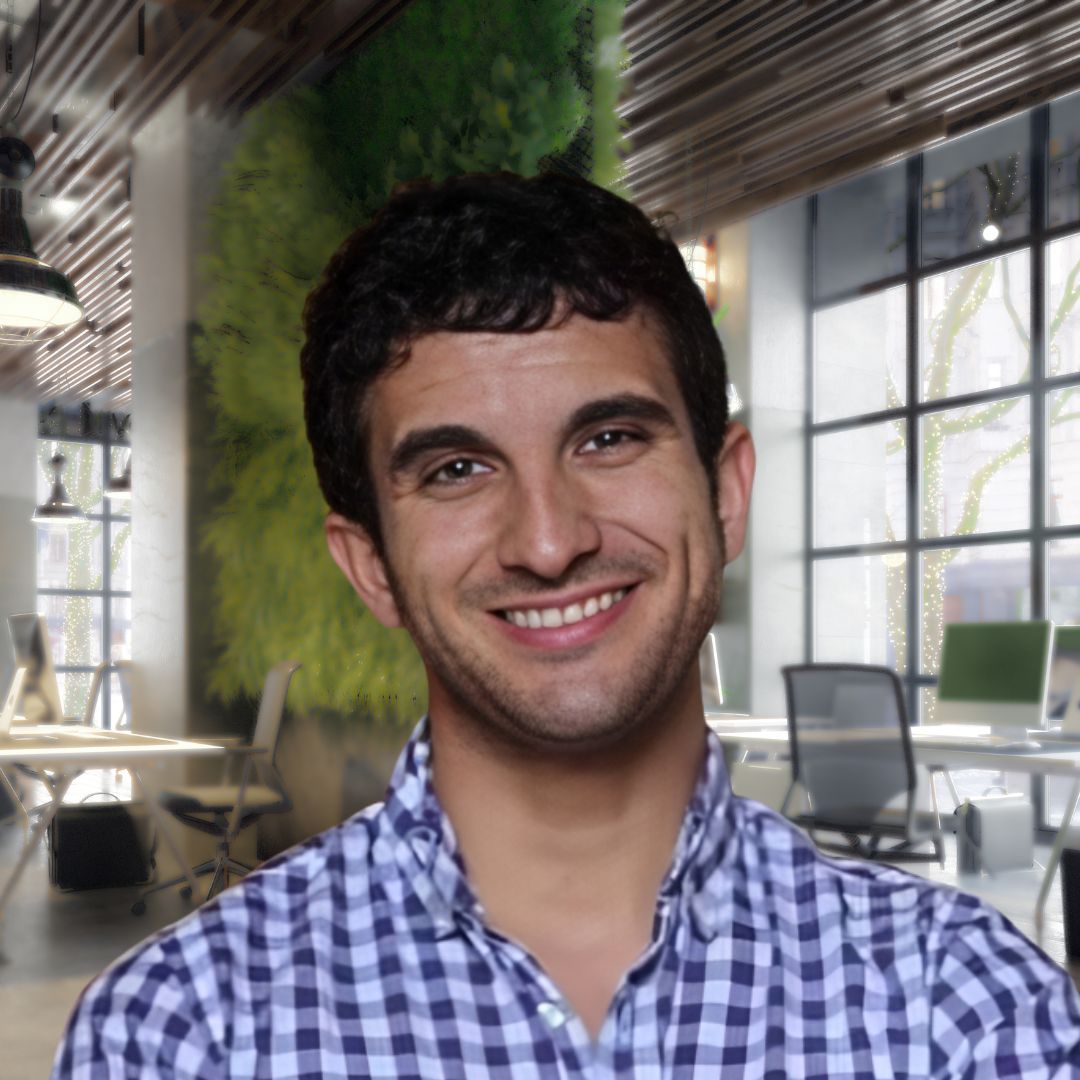
Joshua Miller
CEO and Co-Founder of Gradient Health
Joshua Miller, CEO & Co-Founder of Gradient Health: $5.7 Million Raised to Build the Future of Medical Imaging

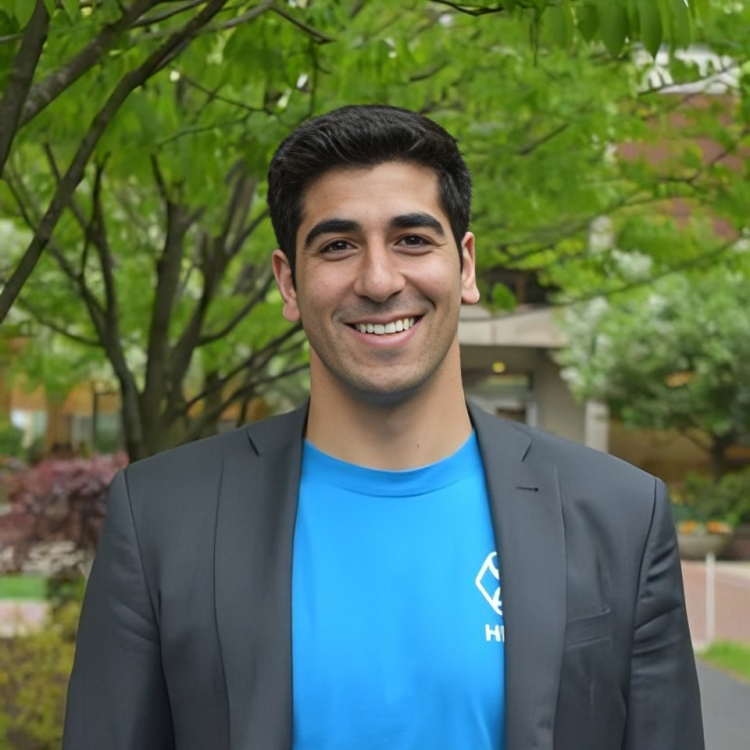
Senan Ebrahim
CEO & Founder of Delfina
Senan Ebrahim, CEO & Founder of Delfina: $10 Million Raised to Build the Future of Intelligent Pregnancy Care

Amar Kendale
President and Co-Founder of Homeward
Amar Kendale, President & Co-Founder of Homeward: $70 Million Raised to Transform Rural Healthcare Through Technology


Daniel West
CEO of Prospection
Daniel West, CEO of Prospection: $36 Million Raised to Build the Future of Patient-Centric Intelligence

Kevin Flyangolts
CEO and Founder of Aclid
Kevin Flyangolts, CEO & Founder of Aclid: $4 Million Raised to Build the Future of Biosecurity
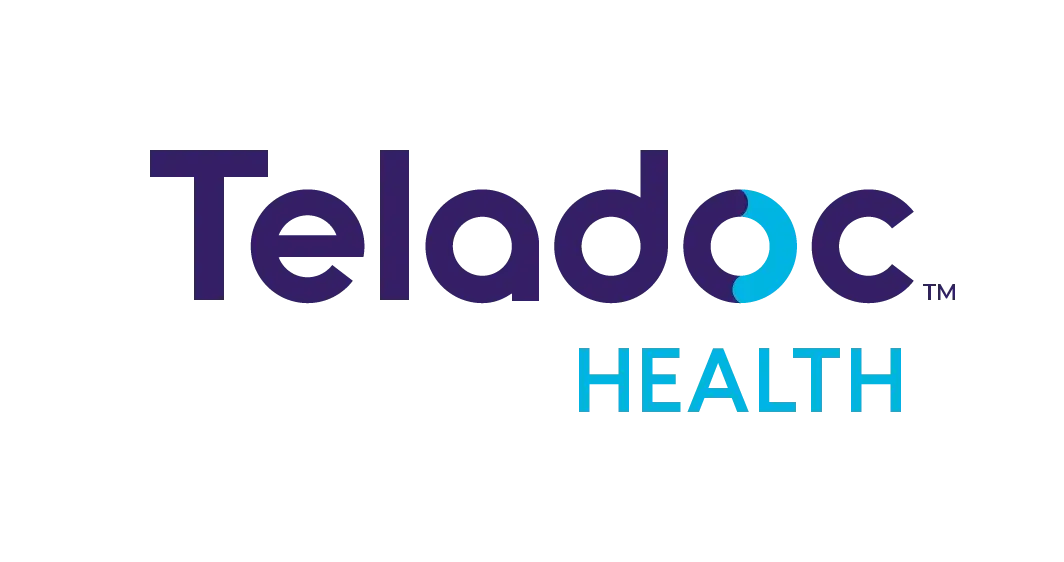

Michael Gorton
Founder of Teladoc
Teladoc Founder Michael Gorton on the Early Days of Pioneering the Telemedicine Category (And What’s He’s Up to Next)
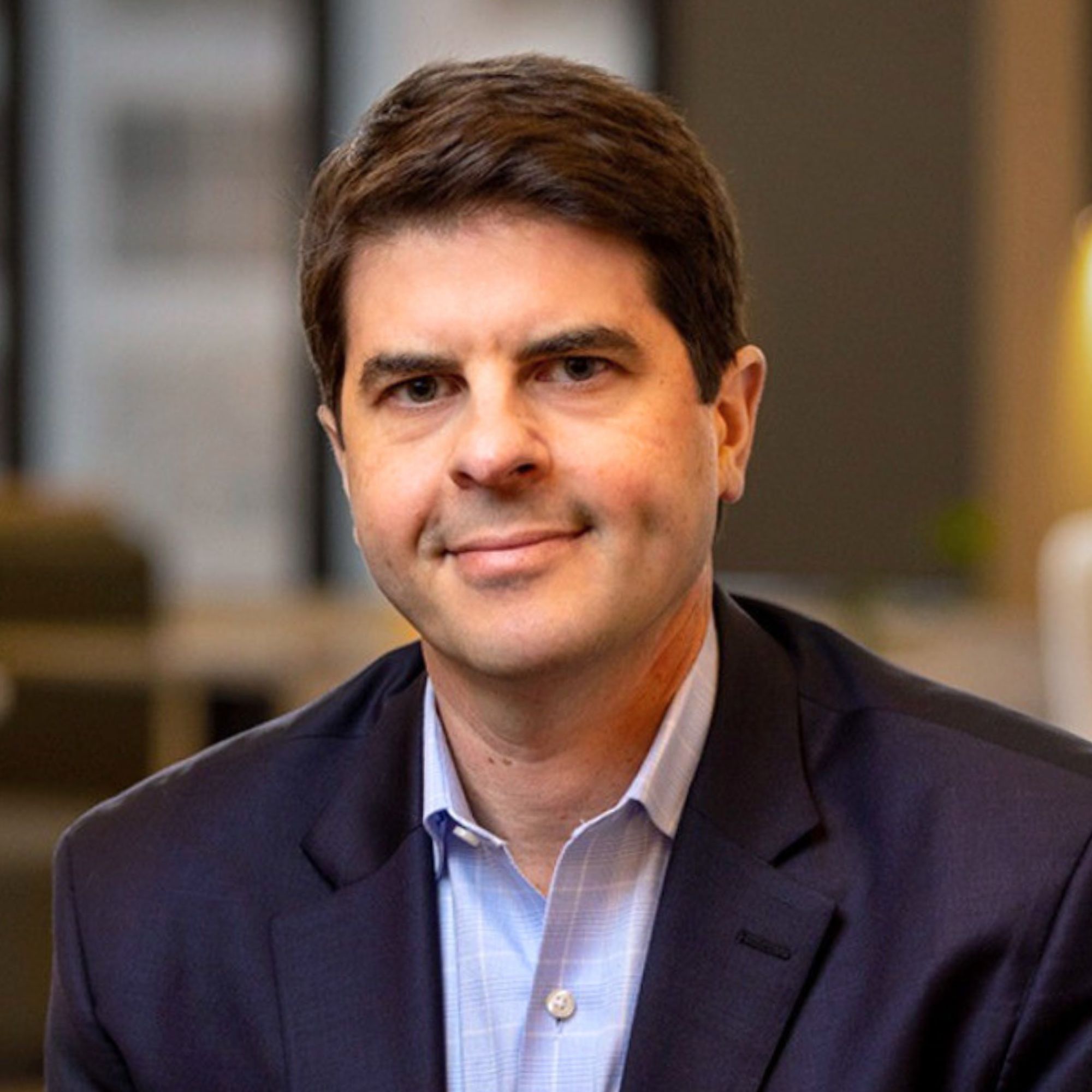
Ben Albert
CEO & Co-Founder of Upfront Healthcare
Ben Albert, CEO & Co-Founder of Upfront Healthcare: $30 Million Raised to Power the Future of Patient Engagement
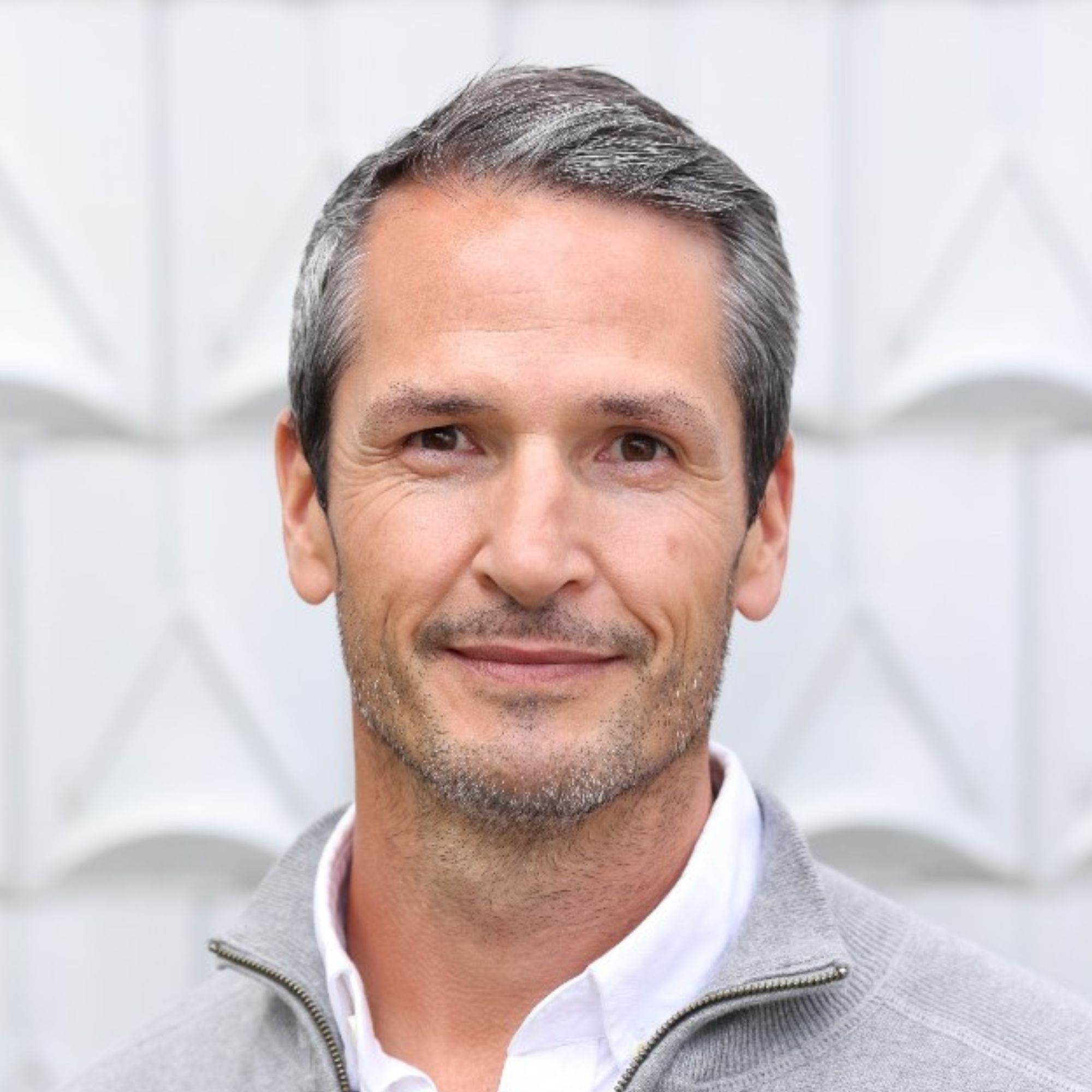
Brad Kittredge
CEO & Co-Founder of Brightside
Brad Kittredge, CEO & Co-Founder of Brightside: $150 Million Raised to Build the Future of Mental Healthcare

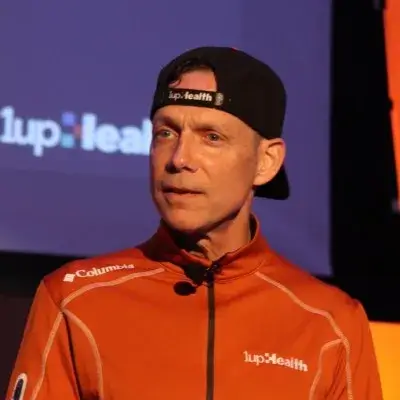
Joe Gagnon
CEO of 1upHealth
Joe Gagnon, CEO at 1upHealth: Over $75 Million Raised to Build the Future of Healthcare Data


Danny Freed
CEO & Founder of Blueprint
Danny Freed, CEO & Founder of Blueprint: $13.7 Million Raised to Build the Future of Therapist Enablement

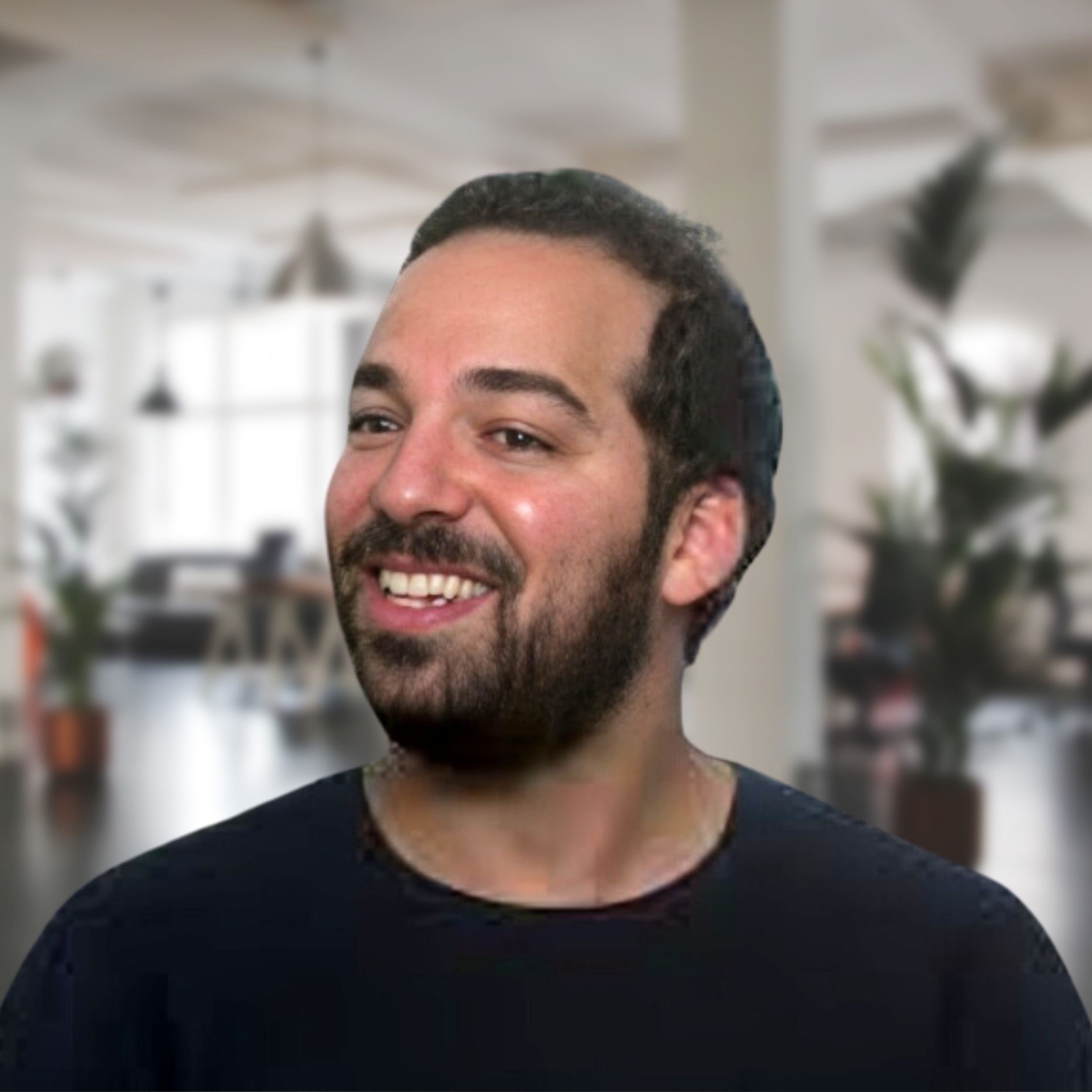
Khaled Boukadoum
Founder of Torch Dental
Khaled Boukadoum, Founder of Torch Dental: $49.5 Million Raised to Transform Dental Supply Management Through Digital Innovation

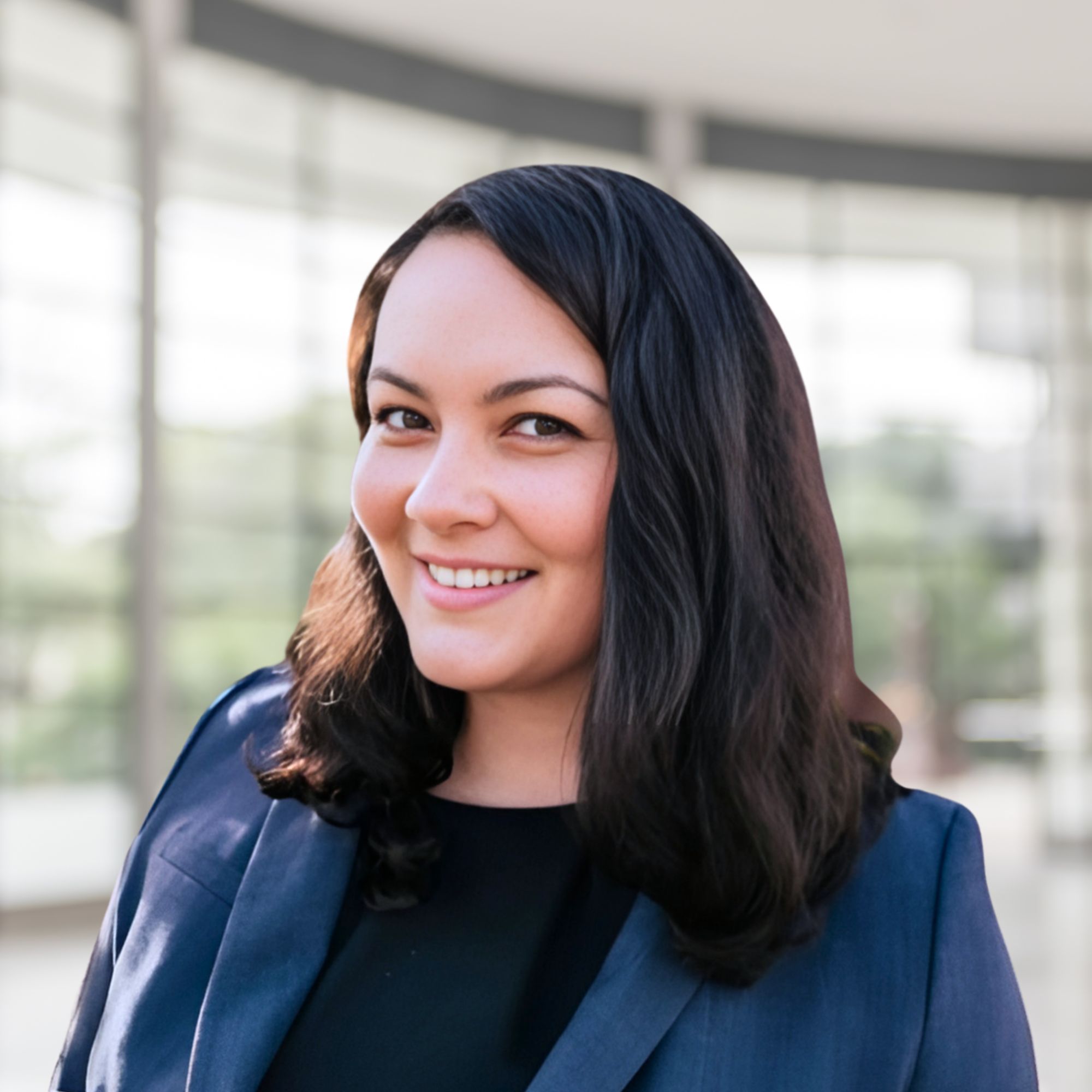
Stacy Edgar
CEO and Co-Founder of Venteur
Stacy Edgar, CEO & Co-Founder of Venteur: $7.6 Million Raised to Build the Future of Health Insurance
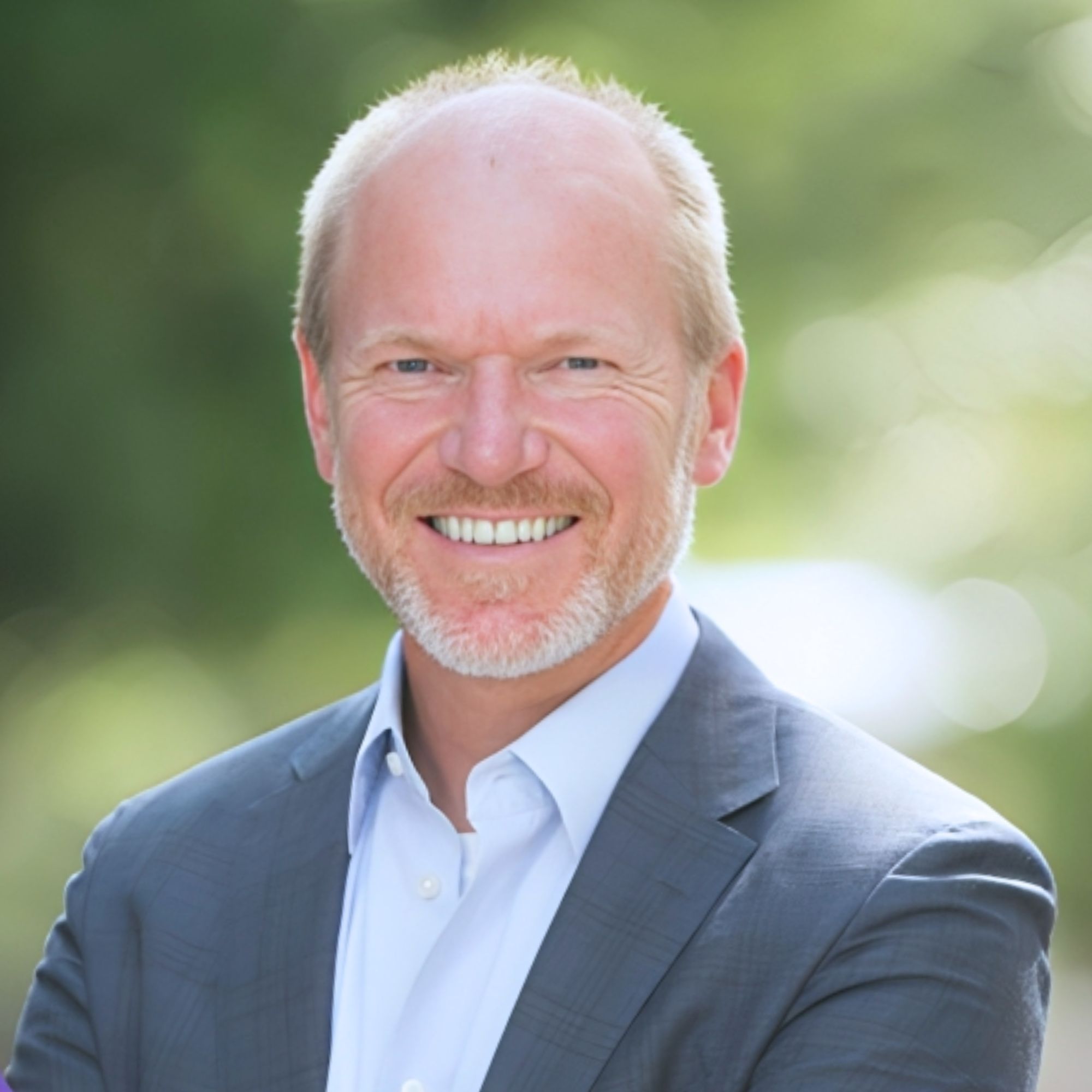
Torben Nielsen
CEO & Co-Founder of Uptiv Health
Torben Nielsen, CEO of Uptiv Health: $7.5M Raised to Build the Future of Infusion Therapy Through Technology-Enabled Retail Centers


Dr. Nan-Wei Gong
CEO and Founder of FIGUR8
Dr. Nan-Wei Gong, CEO & Founder of FIGUR8: $40 Million Raised to Build the Future of Musculoskeletal Health and Injury Data Solutions

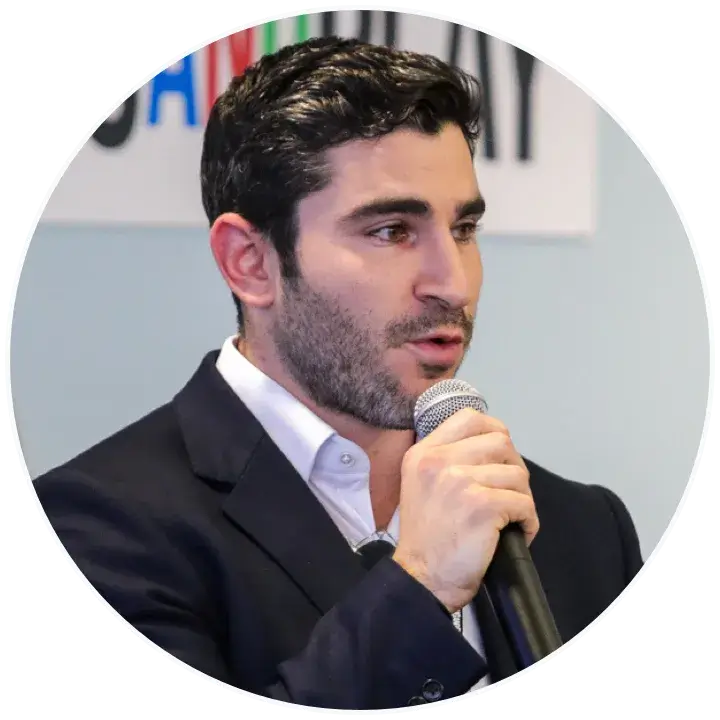
Samson Magid
Co-Founder and CEO of HealthSnap
Samson Magid, Co-Founder and CEO of HealthSnap: Over $12 Million Raised to Build the Future of Remote Patient Monitoring

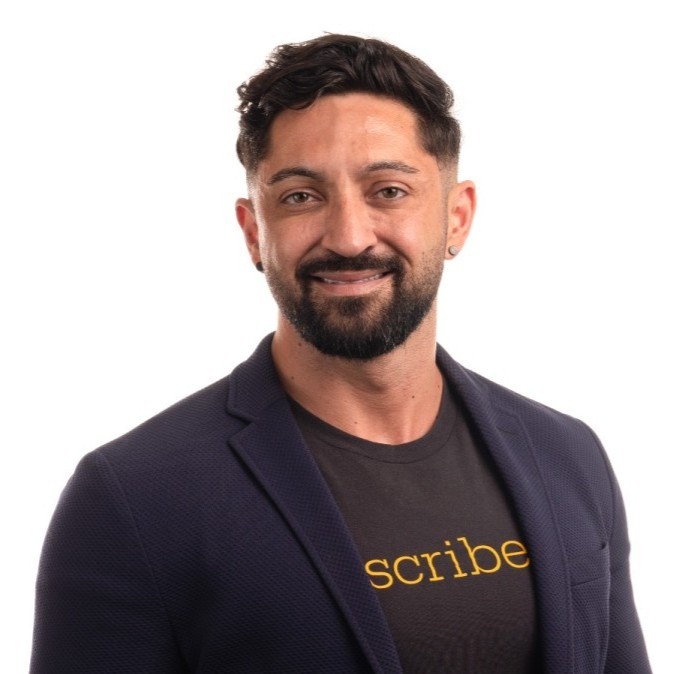
Brock Leonti
CEO & Co-Founder of Prescribe FIT
Brock Leonti, CEO & Co-Founder of Prescribe FIT: $15 Million Raised to Build the Future of Orthopedic Care

Dipanwita Das
CEO and Co-Founder of Sorcero
Dipanwita Das, CEO and Co-Founder of Sorcero: Over $20 Million Raised to Power Medical Affairs Teams of the Future

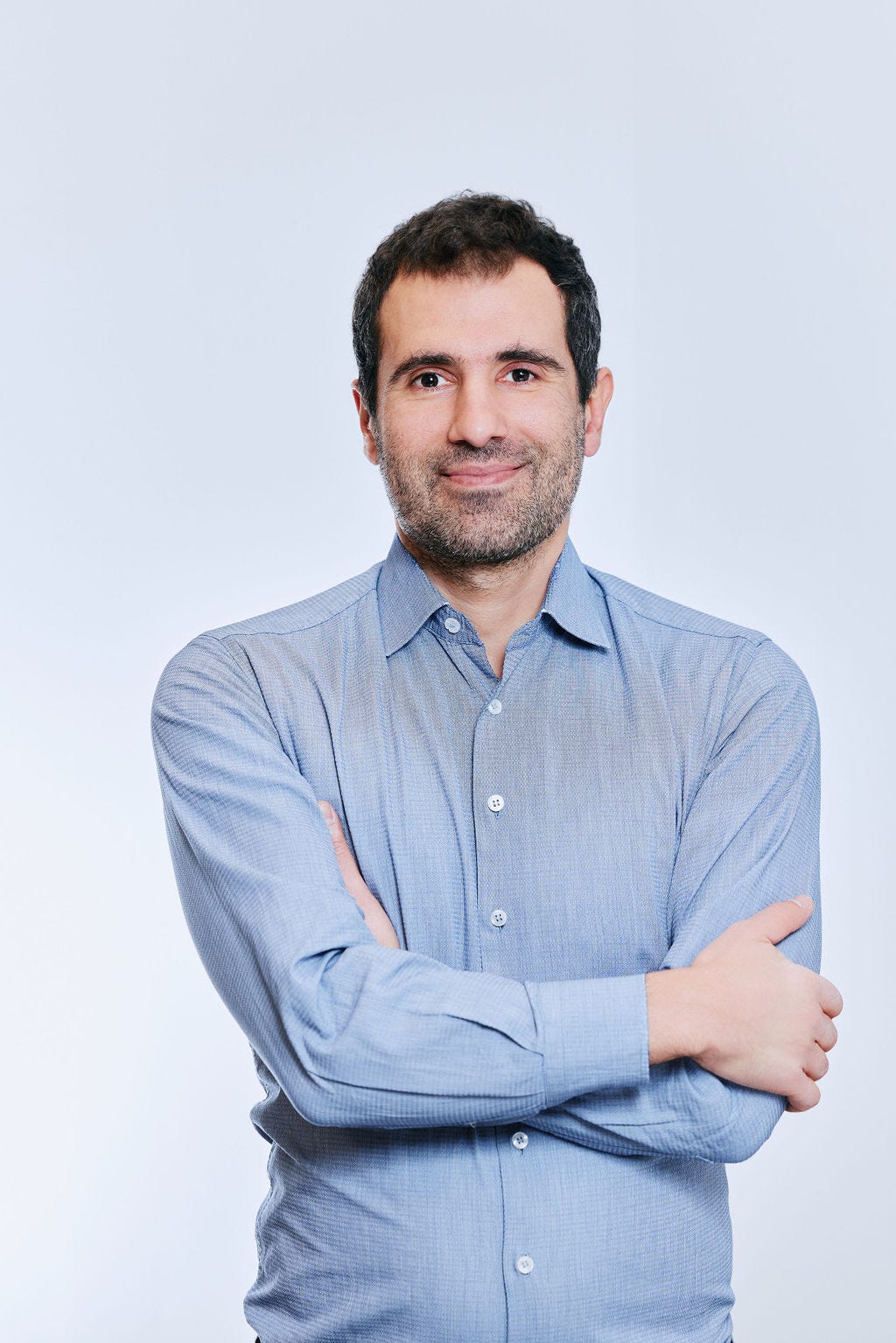
Dimitrios Skaltsas
CEO & Co-Founder of Intelligencia AI
Dimitrios Skaltsas, CEO & Co-Founder of Intelligencia AI: $15.5 Million Raised to Build the Future of Drug Development

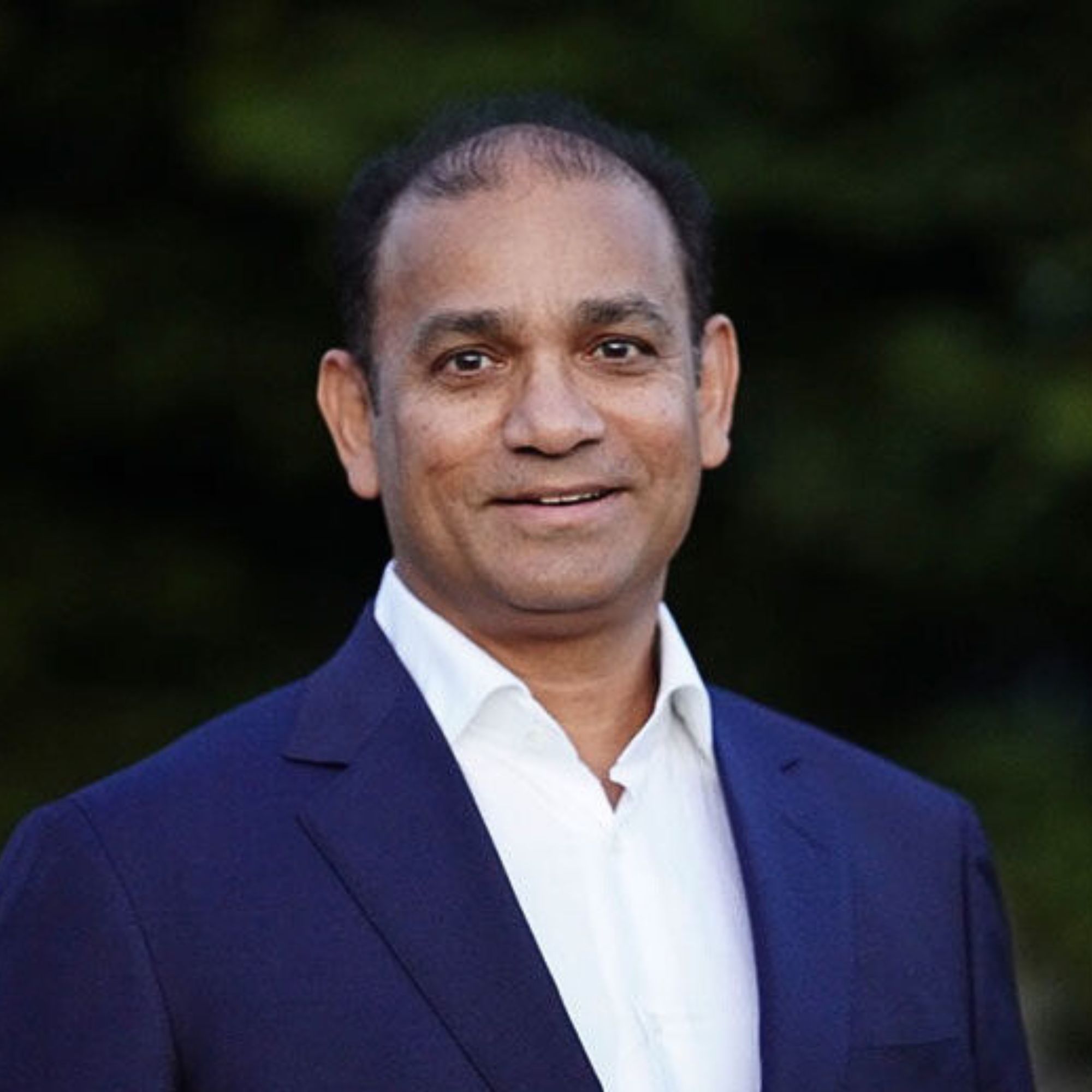
Mahesh Veerina
CEO of ParkourSC
Mahesh Veerina, CEO of ParkourSC: $90 Million Raised to Pioneer Dynamic Decision Intelligence for Supply Chain Networks
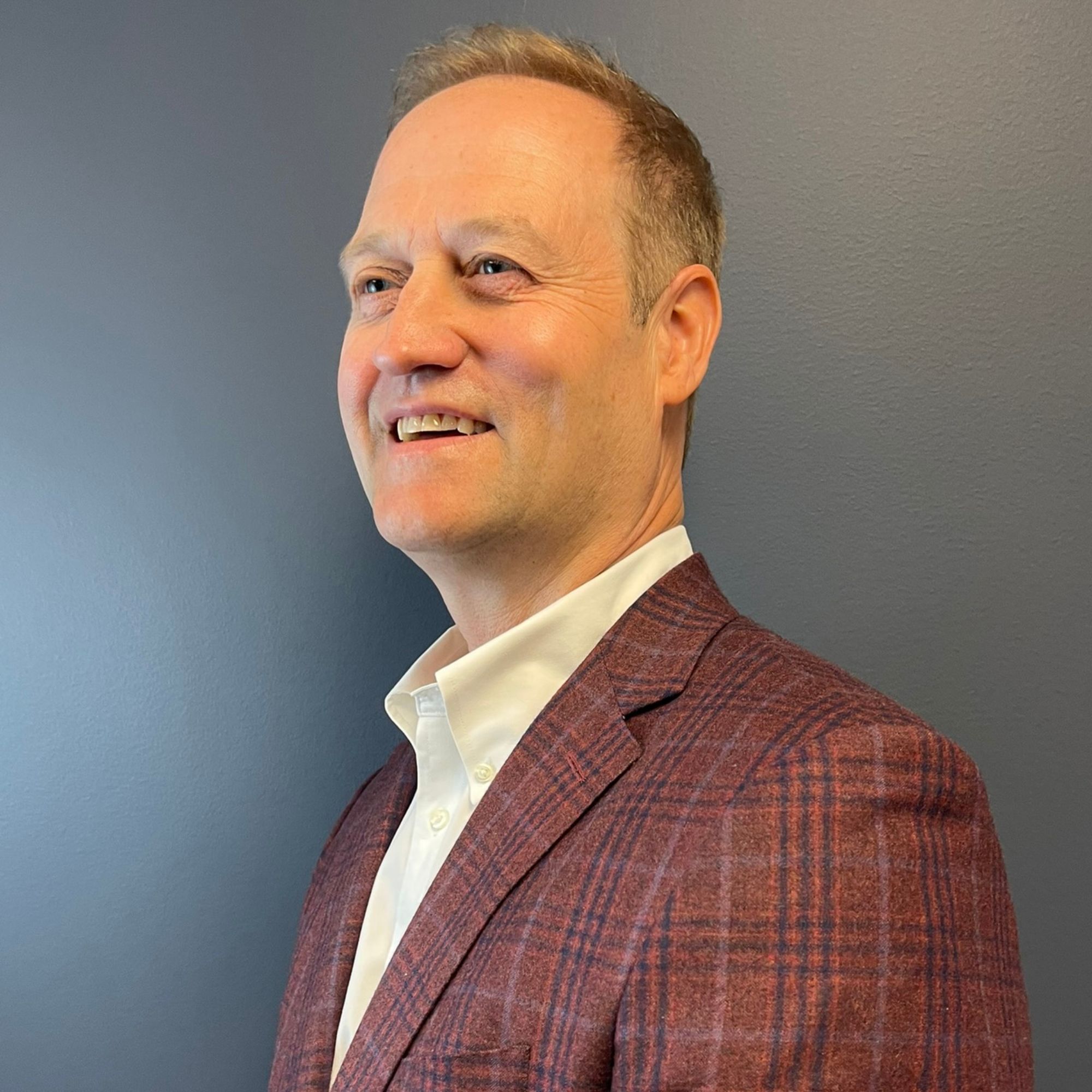
Justin Dearborn
Founder & CEO of Praia Health
Justin Dearborn, Founder & CEO of Praia Health: $20 Million Raised to Build the Future of Consumer Experience in Healthcare


Derek Streat
Co-Founder & Chief Executive Officer of Dexcare
Derek Streat, CEO of Dexcare: $110 Million Raised to Help Health Systems to Find Time for the Best Care

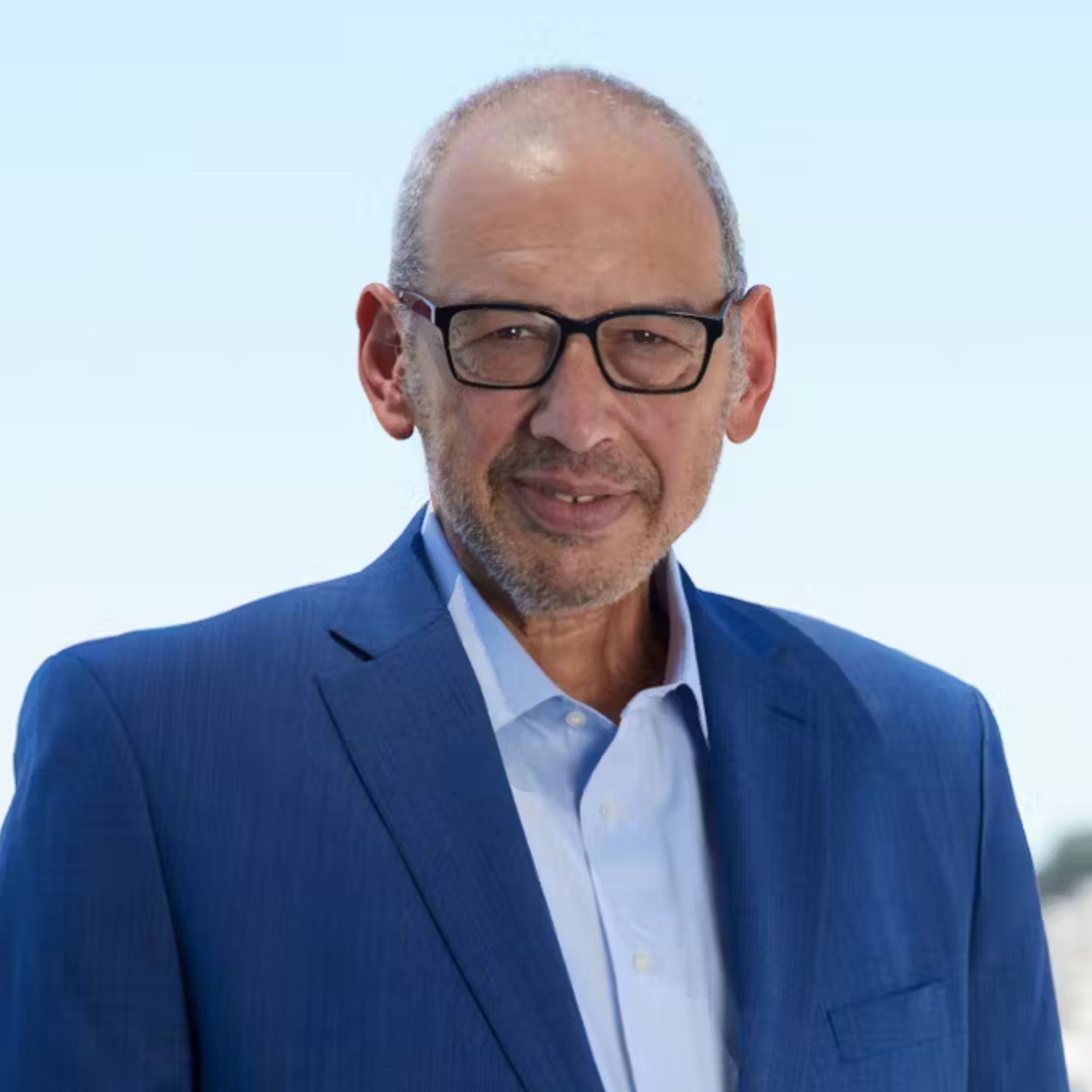
Itzik Cohen
Co-Founder and CEO of PayZen
Itzik Cohen, Co-Founder and CEO of PayZen: $240 Million Raised to Build the Future of Affordable Health Care


David Berry
CEO and Founder of Valo
David Berry, CEO and Founder of Valo: Over $500 Million Raised to Build the Future of Drug Discovery

James Bates
CEO and Founder of AdviNOW Medical
James Bates, CEO and Founder of AdviNOW Medical: $24 Million Raised to Build the Future of AI-Powered Healthcare


Brett Kleger
CEO of Datacubed Health
Brett Kleger, CEO of Datacubed Health: $43 Million Raised to Revolutionize Clinical Trial Data Collection

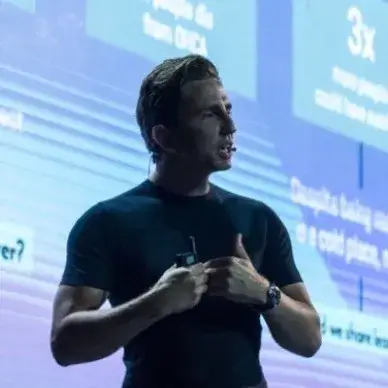
Andreas Cleve
CEO and Co-Founder of Corti
Andreas Cleve, CEO and Co-Founder of Corti: $32 Million Raised to Power the Future of Patient Consultations


Thomas Knox
CEO & Founder of VitVio
Thomas Knox, CEO & Founder of VitVio: $10 Million Raised to Transform Surgical Operations Through AI-Powered Automation

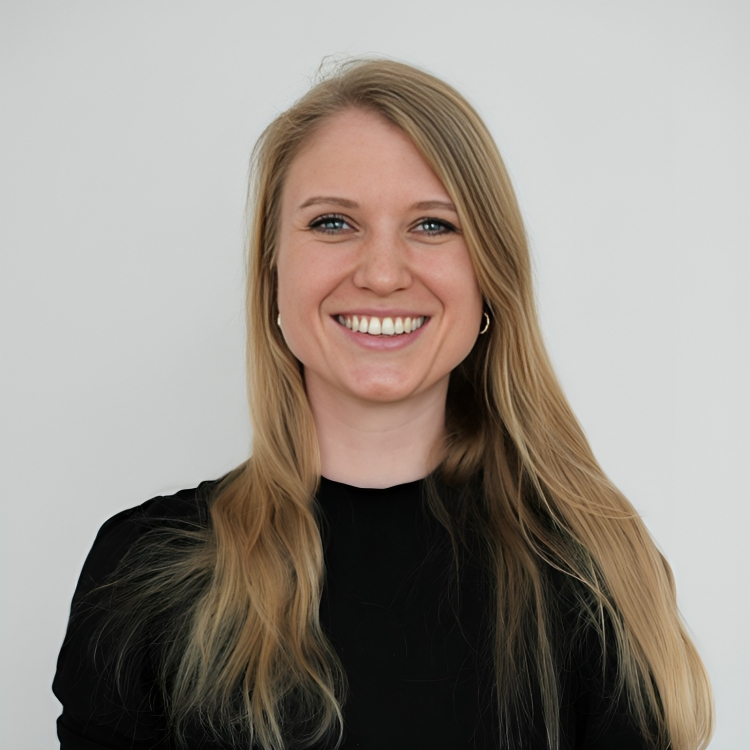
Verena Gerhardus
Director of Growth of Nelly Solutions
How Nelly Grew 3X Through Meta Ads in Health Tech


Aasim Saeed
CEO and Founder of Amenities Health
Aasim Saeed, CEO and Founder of Amenities Health: $10 Million Raised to Build the Future of Patient Engagement

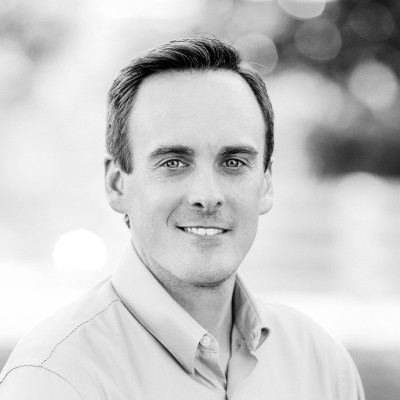
Richard Queen
CEO and Co-Founder of DignifiHealth
Richard Queen, CEO and Co-Founder of DignifiHealth: $7 Million Raised to Drive Better Patient Outcomes in Rural Healthcare and Beyond

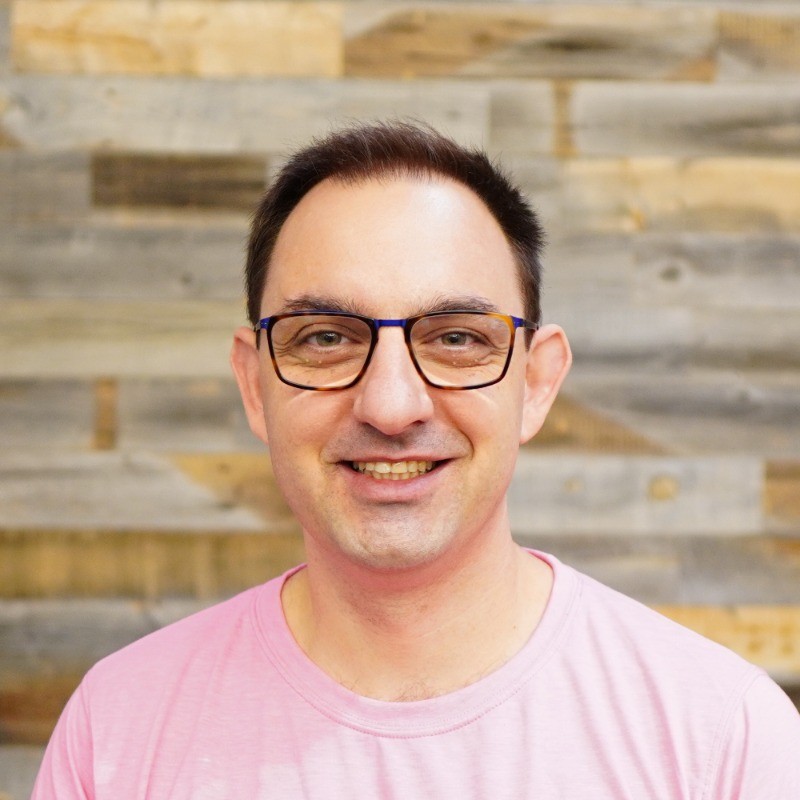
Elad Ferber
CEO & Co-Founder of Synthpop
Elad Ferber, CEO & Co-Founder of Synthpop: $8 Million Raised to Build the Future of Healthcare Administration with AI


Rishi Nayyar
CEO and Co-Founder of PocketHealth
Rishi Nayyar, CEO and Co-Founder of PocketHealth: $22.5 Million Raised to Power the Future of Medical Image Sharing


Dilpreet Sahota
CEO of Trek Health
Dilpreet Sahota, CEO of Trek Health: $3 Million Raised to Help Mental Health Providers Accept Insurance

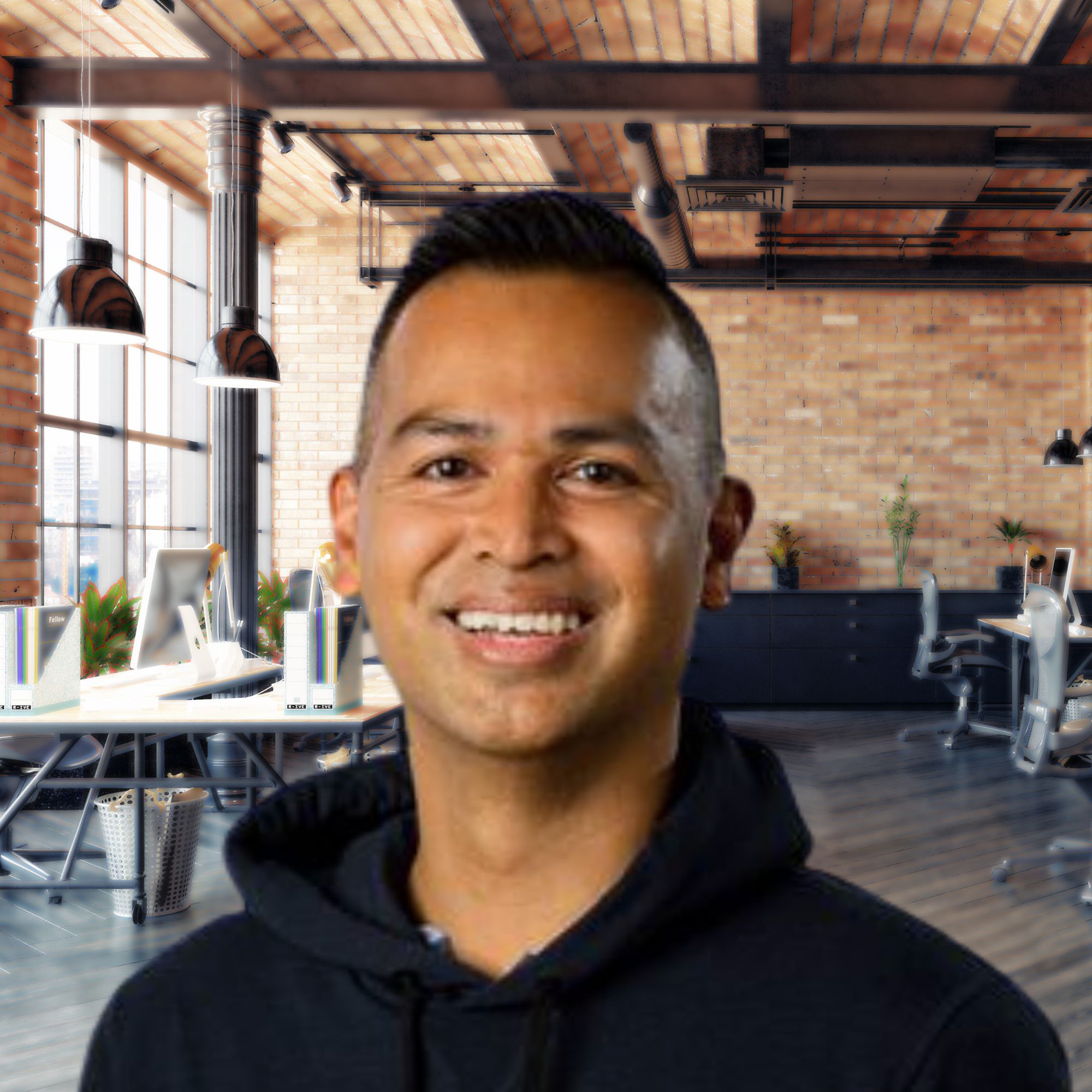
Cesar Herrera
CEO and Co-Founder of Yuvo Health
Cesar Herrera, CEO and Co-Founder of Yuvo Health: $28 Million Raised to Revolutionize Healthcare Access


Rafid Fadul
CEO and Co-Founder of Zivian Health
Rafid Fadul, CEO and Co-Founder of Zivian Health: $3 Million Raised to Power the Future of Compliant Healthcare Collaborations
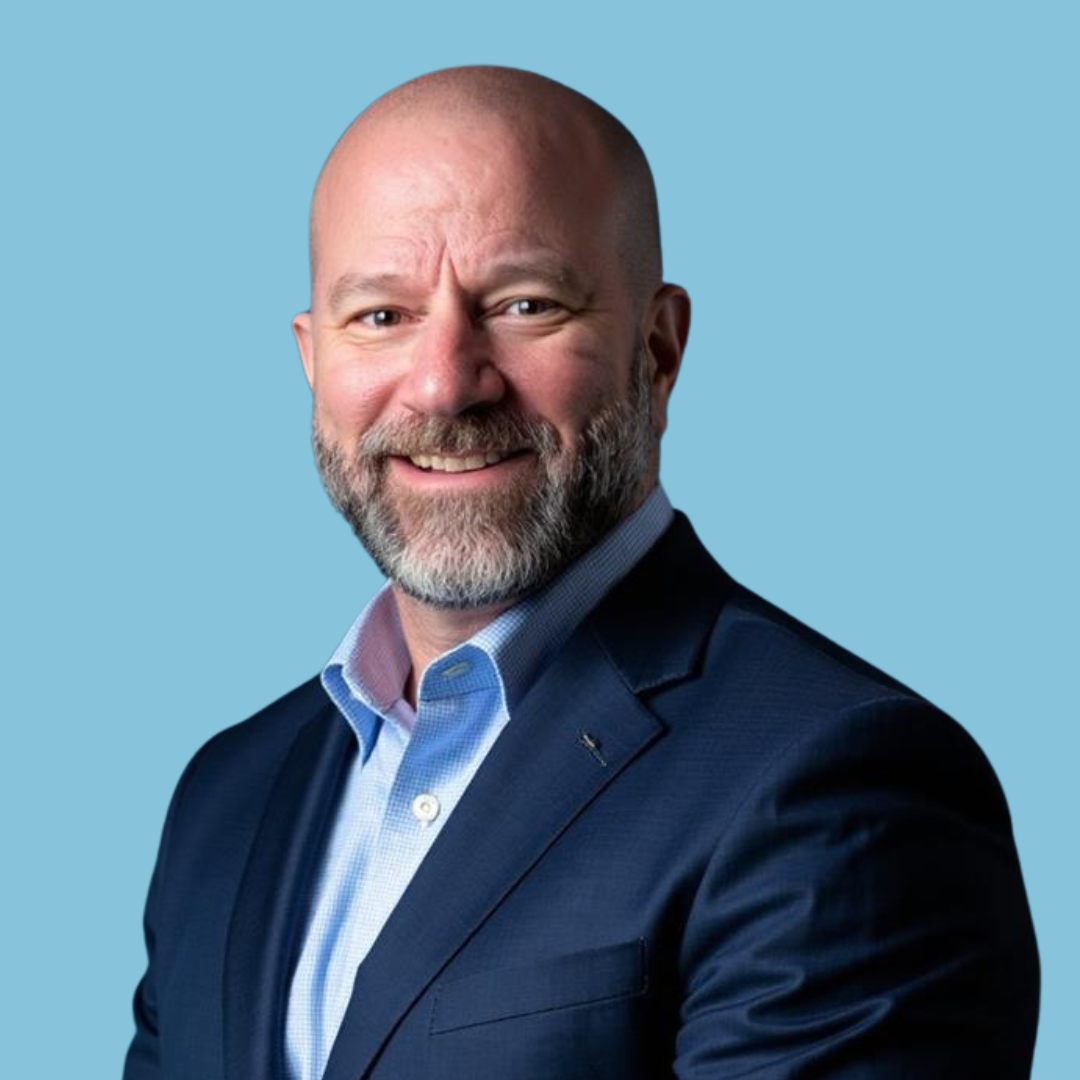
Trey Sutten
CEO & Co-Founder of Siftwell Analytics
Trey Sutten, CEO & Co-Founder of Siftwell Analytics: $5 Million Raised to Transform Healthcare Analytics with AI-Powered Predictions


Henry O’Connell
CEO & Founder of Canary Speech
Henry O’Connell, CEO & Founder of Canary Speech: $26 Million Raised to Build the Future of Vocal Biomarker Technology

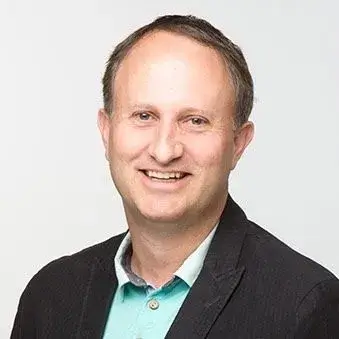
Ty Allen
CEO of SocialClimb
Ty Allen, CEO of SocialClimb: $12 Million Raised to Power the Future of Healthcare Marketing

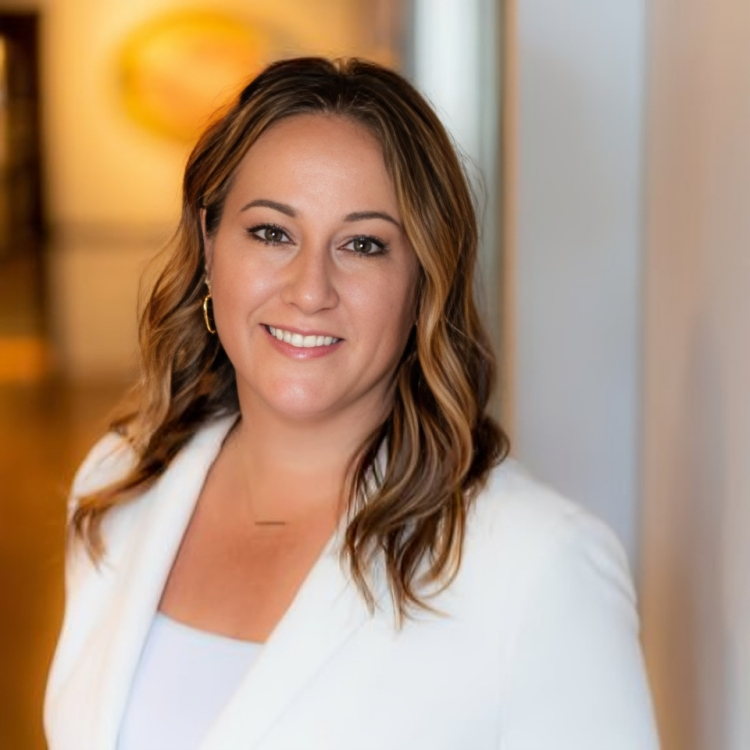
Kristen Valdes
CEO & Founder of B.well
Kristen Valdes, CEO & Founder of B.well: $100 Million Raised to Reimagine the Healthcare Experience


Mark Lehmkuhle
CEO & Founder of Epitel
Mark Lehmkuhle, CEO & Founder of Epitel: $20 Million Raised to Build the Future of Brain Health Monitoring

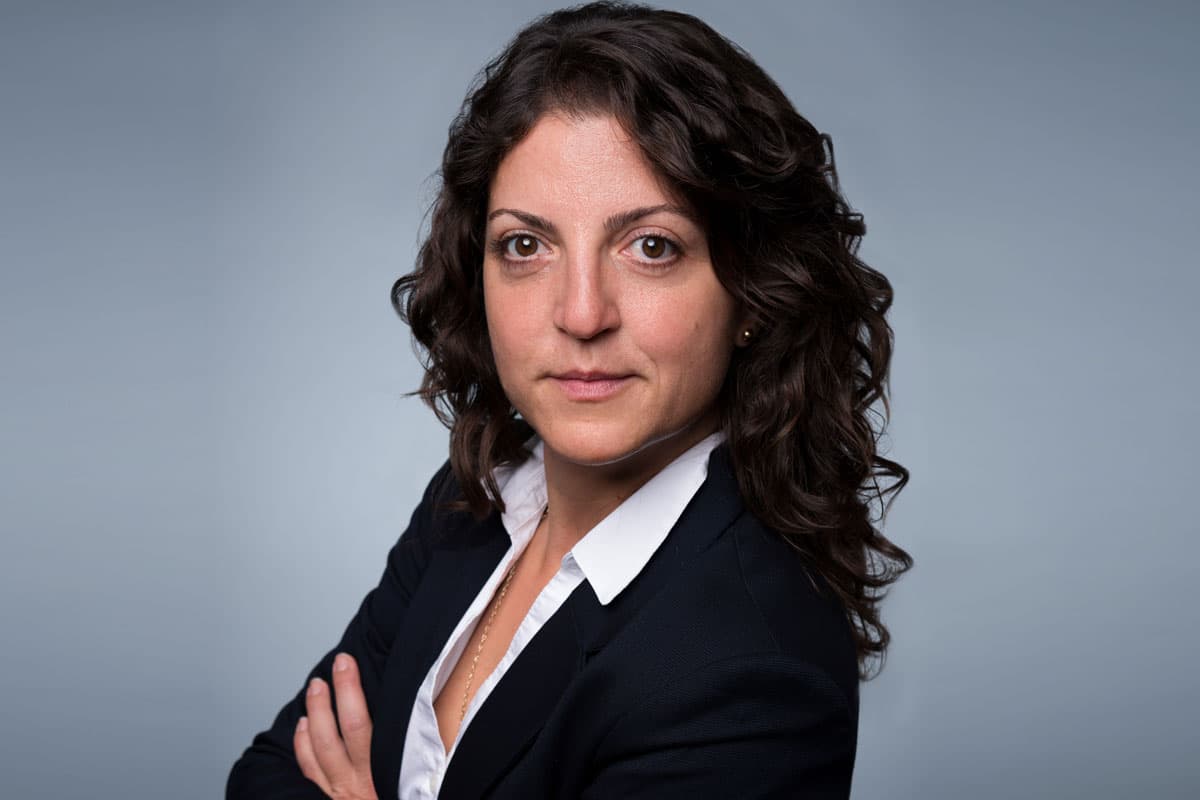
Vicky Demas
CEO of Identifeye Health
Vicky Demas, CEO of identifeye HEALTH: $90 Million Raised to Power the Future of Retinal Imaging

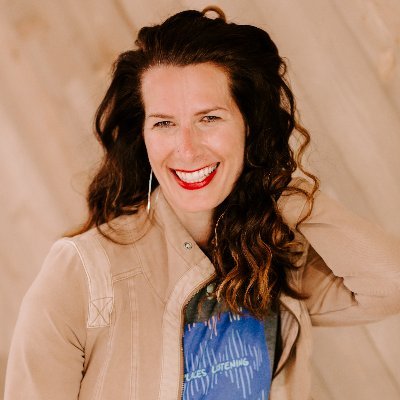
Amy Brown
CEO and Founder of Authenticx
Amy Brown, CEO and Founder of Authenticx: $28 Million Raised to Build the Future of Listening AI

Dr Thomas Oakley
CEO of Feedback PLC
Dr Thomas Oakley, CEO of Feedback PLC: £20 Million Raised to Build the Future of Patient Data Sharing

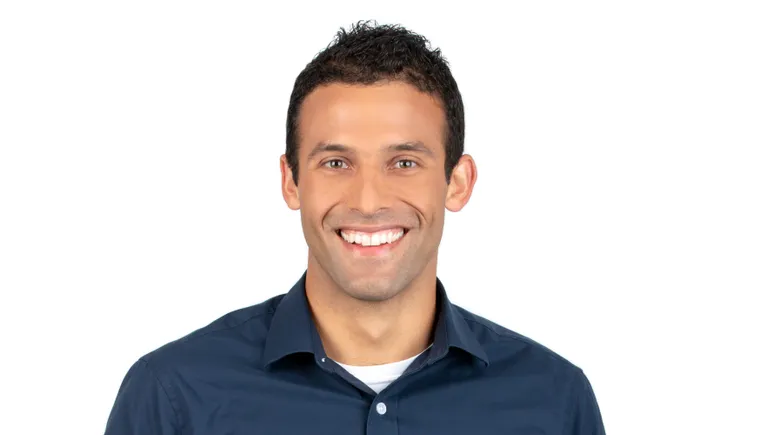
Armon Sharei
CEO & Founder of Portal
Armon Sharei, CEO & Founder of Portal: $5 Million Raised to Power the Future of Cell Engineering


Joseph Schneier
CEO of Trusty Care
Joseph Schneier, CEO of Trusty Care: $13+ Million Raised to Shape the Future of Medicare
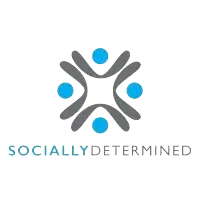

Trenor Williams
CEO and Co-Founder of Socially Determined
Trenor Williams, CEO and Co-Founder of Socially Determined: $34 Million Raised to Build the Social Risk Intelligence Category

